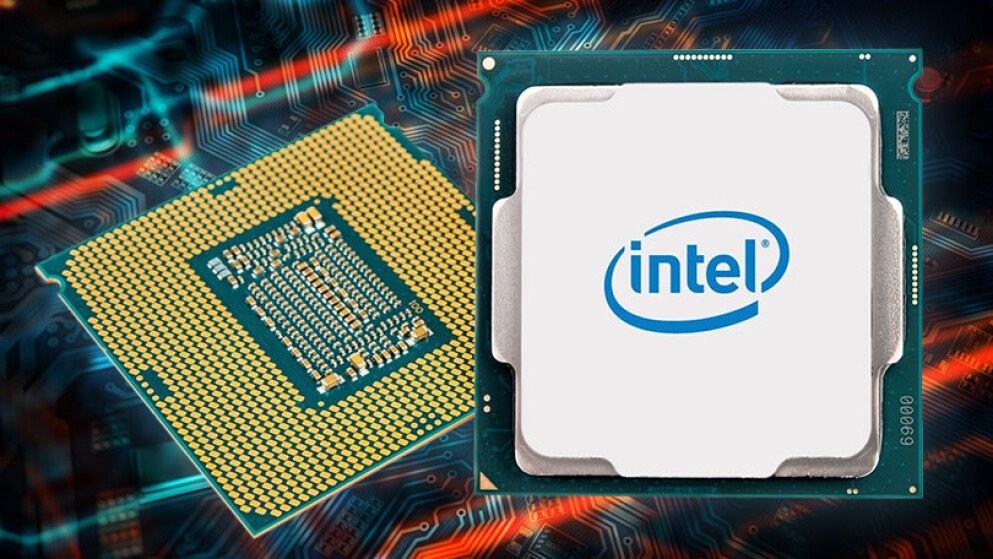
One of the biggest puzzles facing investors today is whether Intel can go the Nokia way. Nokia was once a leading mobile phone maker. But today it is a pale shadow of its former self. Nokia failed to board the Android bandwagon early and the rest as they say is history.
Those of us who started interacting with computers in the 90s only knew of Intel processors. Intel has been struggling over the recent years. Its share price is down 57% year to date. The share price recently tanked by over 20% on a single day after it missed targets, suspended dividends and announced plans to lay off over 15,000 of the workforce.
Intel used to design and also manufacture chips. This is unlike most of its competitors who design and then outsource manufacturing. In recent years, it has been losing ground to competitors in both design and manufacturing.
Intel's competitor in the PC processors market AMD has been making gains. AMD was once no competition to Intel as its products were quite inferior. But today, it has developed processors with even better performance than Intel. To make things worse, Intel's latest processors have faced a lot of complaints due to high failure rate. This will push customers away further if not quickly resolved. Intel failed to invest in quality GPUs hence losing out to Nvidia and missing out on the AI bonanza.
Intel's processors are based on the x86 architecture which is suitable for PCs due to their high power consumption. This is unlike the ARM architecture which is suited for less power-hungry devices such as mobile phones. But now firms like Qualcomm which makes Snapdragon mobile phone processors are making an ARM-based chip for Windows PCs. This will complicate things for Intel. Intel really blundered by discontinuing its mobile phone chips business.
Intel also used to be the leading chips manufacturer. But it has since been overtaken by TSMC and Samsung. Years of underinvestment have left its chip manufacturing business wobbling. It was recently forced to make the humiliating decision of outsourcing the manufacturing of its latest processors to its competitor TSMC.
TSMC is a leading chip manufacturer. Many companies design chips and outsource TSMC to manufacture them. However, its domicile in Taiwan has caused a lot of concerns over the fears of a China invasion.
Western countries are trying to mitigate this by investing heavily in domesticating chip production. In this regard, Intel has been one of the key beneficiaries. It has received billions of dollars to expand its chip-manufacturing business in the US and Europe. But these factories will only be fully functional in 2025 and beyond. It will take time before they start making a difference in its weakening financials. TSMC is also investing in manufacturing chips out of Taiwan. So it wouldn't be a smooth ride for Intel.
Intel is at a crossroads. Years of underinvestment and miscalculations have left it badly wounded. It will be difficult to take back leadership from the competition. If this happens, it will be one of the greatest turnarounds in recent history. If it fails, Intel will become another Nokia; once deeply loved and then quickly forgotten even despised.
From an investment perspective, investing in Intel is highly risky at the moment. Investors with a high risk appetite can bet on its huge investment in the chip manufacturing business. Another bright spot could be AI PCs whose uptake is rising. If Intel's AI processors are well received by the market this will be helpful.
If the Taiwan fears were to materialise, Intel's fortunes would skyrocket. There is also a possibility that investors overreacted to recent earnings report and the share price could recover. Another farfetched idea could be if Intel is taken over by a competitor such as Nvidia (hard to get regulatory approval due to antitrust fears). Perceptions of Intel representing deep value by some investors could lead to high volatility in its share price.
The decision on whether to invest in Intel or not boils down to ones risk-carrying capacity. For those with a high risk capacity and a longer investment horizon, it is a bet worth taking. Others should steer clear.
Credits: Ephraim Njega

.jpeg)